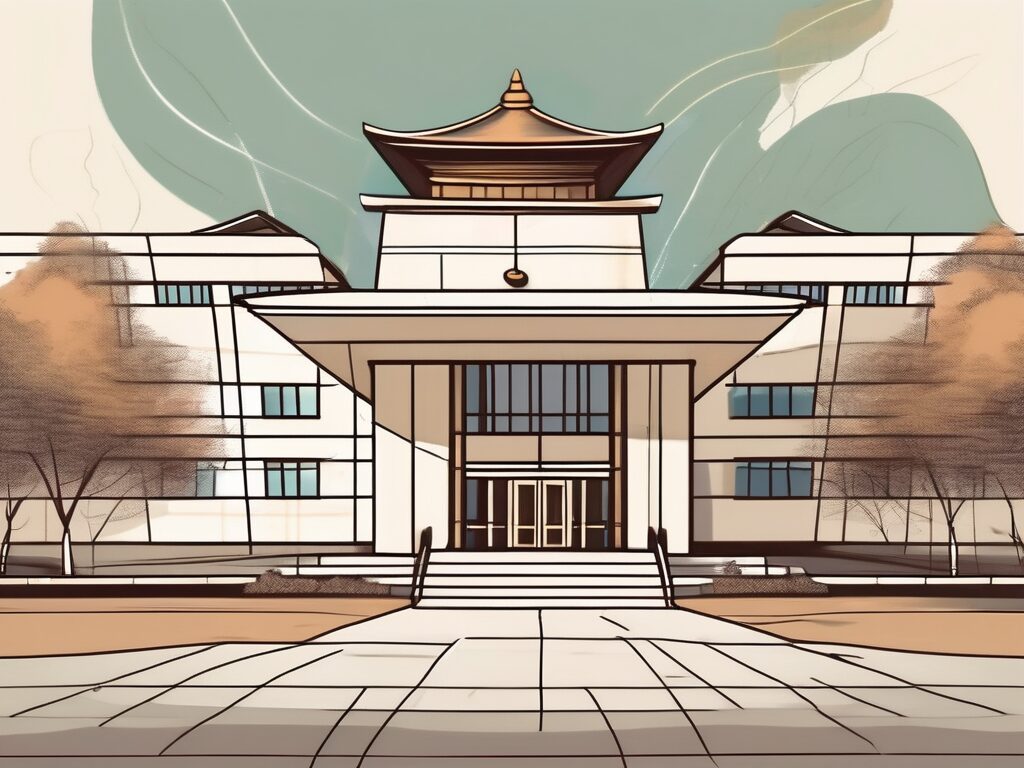Essential Experience Requirements for Teaching at International Schools in Mongolia
Beginning a teaching career at an international school presents a unique opportunity for professional growth and cultural immersion. Mongolia, renowned for its rich heritage and vibrant culture, serves as an exceptional backdrop for educators aspiring to expand their global teaching experience. However, prospective teachers must meet specific prerequisites, particularly regarding the requisite years of experience to obtain a teaching position in this context.
Overview of the Mongolian Educational Framework
To effectively navigate the experience requirements, it is crucial to understand the educational landscape in Mongolia. Over recent decades, the country has made remarkable advancements in education, achieving a high literacy rate and placing a strong emphasis on bilingual education.
International schools in Mongolia typically adhere to curricula that align with global educational standards while integrating elements of the Mongolian national curriculum. This combination fosters a distinctive educational environment that presents both challenges and rewards for educators.
Experience Criteria for International Teaching Positions
In examining the experience requirements for teaching at international schools in Mongolia, it is generally observed that a minimum of two years of teaching experience is preferred. However, this criterion may vary based on the specific institution and the nature of the teaching role.
- Positions teaching the International Baccalaureate (IB) curriculum may necessitate a minimum of three years of relevant experience.
- Roles focused on the British curriculum typically require at least two years of experience in that specific educational framework.
It is important to recognize that these experience levels represent minimum thresholds. In a competitive job market, candidates with five or more years of teaching experience are often favored by international schools in Mongolia.
Rationale Behind Experience Requirements
The emphasis on experience stems from the unique challenges associated with teaching in an international context. Educators are expected to adeptly manage cultural differences, language barriers, and diverse educational standards. Such challenges necessitate a level of adaptability and resilience that is typically cultivated through experience.
Moreover, seasoned educators are generally better equipped to address the complexities of teaching a heterogeneous student population. They are more likely to possess effective classroom management techniques, robust curriculum planning capabilities, and a comprehensive understanding of student needs, all of which are vital in an international school setting.
Additional Qualifications of Importance
While teaching experience is a critical factor, it is not the sole consideration for international schools in Mongolia. Other qualifications, including educational credentials and language proficiency, significantly influence hiring decisions.
- A bachelor’s degree in education or a related field is typically required, with a master’s degree or higher preferred for senior or specialized positions.
- A valid teaching certification from the candidate’s home country is generally mandatory.
- Proficiency in English is essential, as it is the primary medium of instruction; knowledge of additional languages, particularly Mongolian, is advantageous.
Commitment to Professional Development
A dedication to ongoing professional development is highly regarded within the international school community. This commitment can be demonstrated through participation in professional development workshops, attendance at educational conferences, or the pursuit of advanced degrees.
It is imperative to recognize that teaching at an international school transcends mere qualifications and experience; it also involves a commitment to lifelong learning and the ability to adapt and thrive in a dynamic, multicultural environment.
Conclusion
In summary, while the minimum experience required to teach at an international school in Mongolia is generally two years, this requirement should be contextualized alongside other essential qualifications, including educational background, language proficiency, and a commitment to continuous professional growth.
Teaching in Mongolia’s international schools offers a fulfilling opportunity to engage with a diverse student body while immersing oneself in a rich cultural landscape. With the appropriate qualifications and a spirit of exploration, this career path is one worth pursuing.
Enhance Your Teaching Career with IPGCE
Are you prepared to elevate your teaching career in Mongolia? Enroll in the UK’s premier Teacher Training Course, the International Postgraduate Certificate in Education (iPGCE), to navigate the complexities of international school employment. The iPGCE program will enhance your qualifications, improve your prospects for interview opportunities, and unlock pathways for career advancement. Join a global network of educators, deepen your understanding of international curricula, and balance your professional development with teaching responsibilities. Do not let stringent requirements deter you. Enroll in the iPGCE program today and transform your educational journey!

